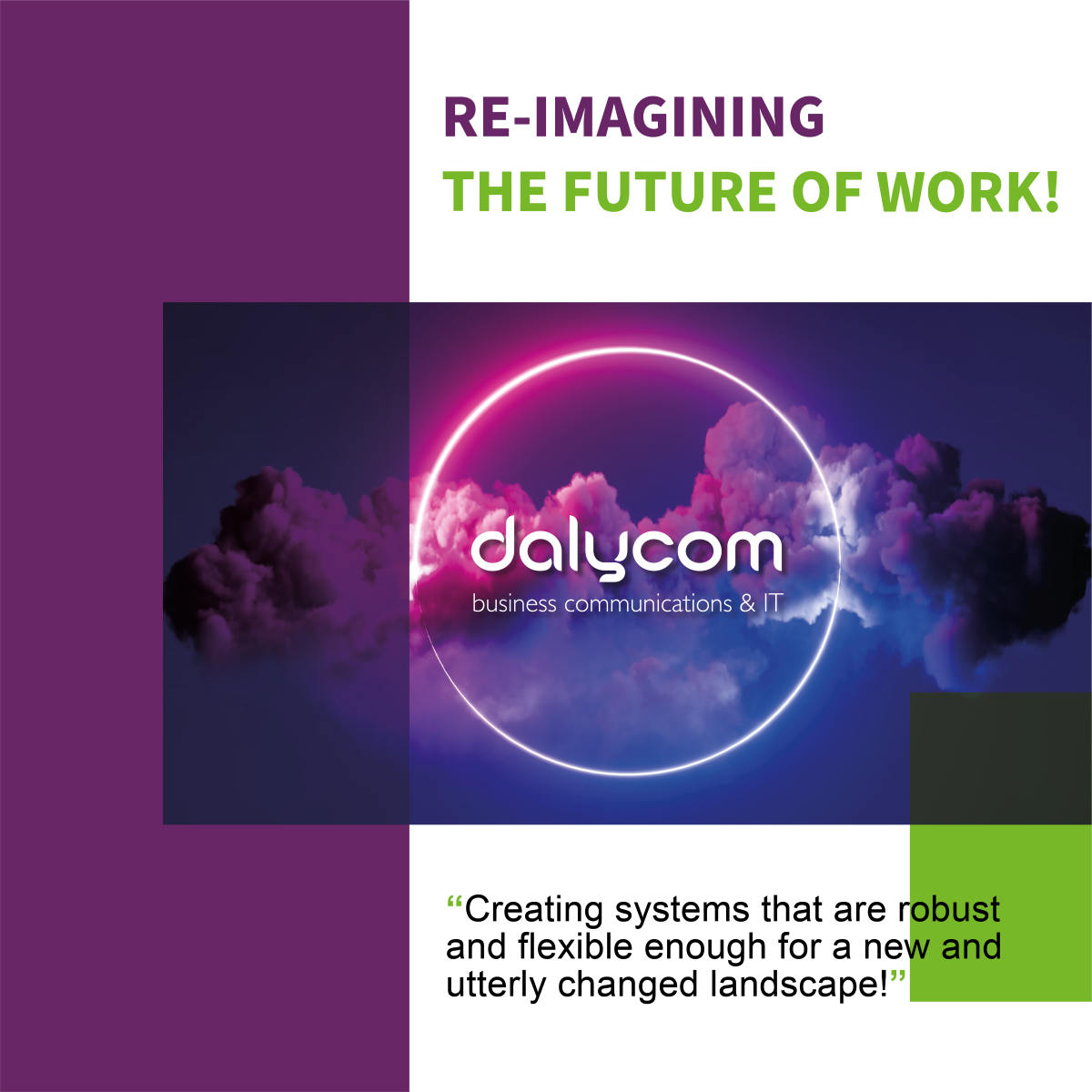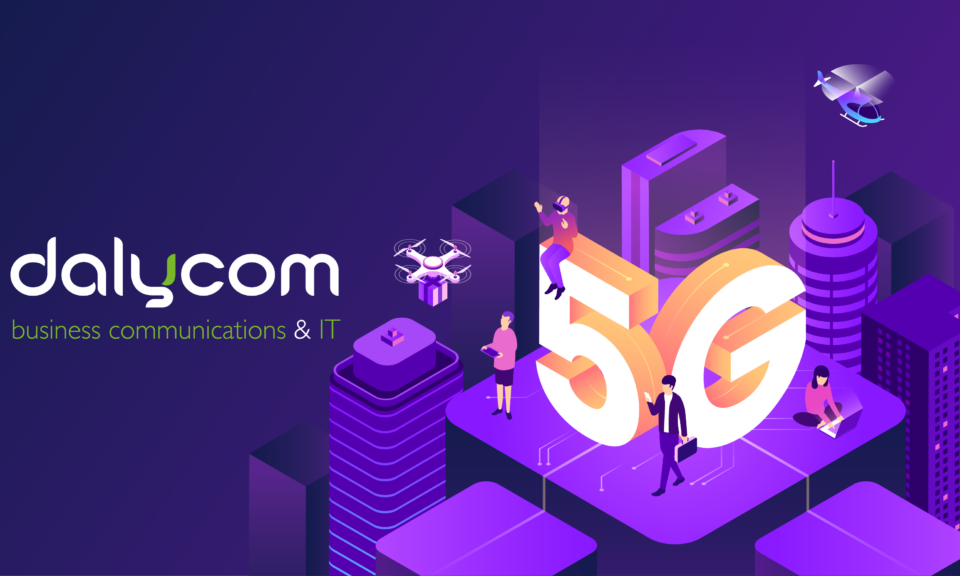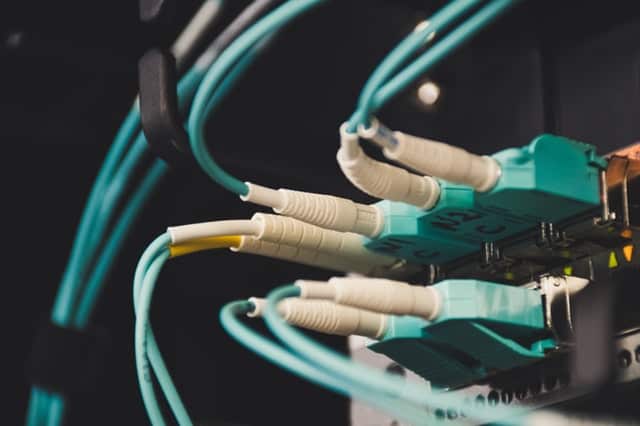When thinking about the #FutureOfWork, one thing is for certain, we are not going back to the way we worked pre-covid.
With #Hybrid working becoming the new norm across many businesses, employees will now have greater flexibility to work from home and / or the office. Organisations who can operate with their workforce #remotely consider this a permanent option due to the cost savings, which can be achieved by not having to pay rent, business rates, and associated expenses such as gas, electricity, and maintenance. Businesses that can accommodate having a permanent #RemoteWorkforce, are looking at investing in #IT & #Telecoms equipment for their staff to work effectively from home.
Essentially, we live in a landscape that’s changed irrevocably and is still shifting to find what the new norm will eventually become.
Stage one: Revolution
When the first lockdown took place, there was an instant reaction and scramble to work out what was happening and how businesses who could trade needed to operate with their staff working from home. Every aspect of a working office had to be reconfigured. From sales, customer service, HR, support to both customers and staff needed to be re-imagined. For households with a family, the same took place with schools.
Even the best-laid contingency plans hadn’t factored ‘global pandemic’ into the mix, so most businesses were figuring stuff out on the fly. Organisations engineered piecemeal remote solutions, and we all learnt as we went along.
It was a time of huge disruption, with all the chaos that you’d expect from an unplanned change programme on a worldwide scale. But big crises lead to innovation, and disruption fires creativity!
Stage two: Consolidation
The second stage evolved from the first; consolidation. As the dust settled, there was a period of testing the new systems, learning, and adaptation.
How do we capitalise on the response generated innovation?
Businesses saw what was working well and ensured that these systems were robust going forward, especially with the uncertainty of another lockdown taking place. This period of learning from users and developing new workarounds is a crucial stage in recovery. Organisations that have listened best to people trying to make new systems work, are the ones who are emerging strongest.
Employee well-being also had to be re-imagined, with employee fatigue being one of the key areas that employers were finding. Working from home is great; however, many employees would do back-to-back video meetings with minimal rest periods causing fatigue, and not performing as well as they did at the start of the lockdown.
#Microsoft365 caught onto this and bought tools to help employers monitor their staff’s well-being. Employees were also told to have a balanced day—a mix of online meetings and work, rather than back-to-back online meetings. Online coffee breaks were introduced by some companies, as this was spotted by employers who once used to see their employees gather around the office, ensuring that they had their breaks.
These coffee breaks are significant for an employee’s well-being, as it ensures they have a break to refresh their mind, but importantly it allows employees to bond with one another. For this to carry on, online coffee breaks were introduced, alongside some organisations having online social events.
The working culture changed heavily during the lockdown, but it’s how organisations adapted that ensured a co-working environment could carry on existing, whilst employee well-being was being monitored.
There’s been a shift from making the best of a temporary solution, towards a realisation that going forward, the working environment has significantly changed. And the realisation that the systems we’re building don’t just need to do an effective job of keeping the show on the road and delivering excellent service to clients, but that they also need to provide the experience of company culture to people inside the organisation. The systems themselves are helping to redefine what work is!
Stage three: Renewal
The third stage in recovery is a stage of renewal. No longer reacting to an onslaught of external events, a business starts building for a different future. It means answering the big question of ‘how are we going to work together towards the vision.’ And it means creating systems that are robust and flexible enough for a new and utterly changed landscape.
Whatever stage you’re in, you know that you won’t be returning to the way you used to work. This isn’t a hiatus between periods; it’s a redrawing of the whole working landscape. And without a return to everyday, face-to-face contact between people, we’ll need new work patterns and a new set of beliefs around what work is and what it isn’t. The new systems we create will have to do the heavy lifting of serving customers AND delivering company culture. They’ll enable people to get the job done, and they’ll provide the experience of work itself.
At Dalycom, we serve an extensive range of customers from small to medium organisations to corporate companies, including some listed on the FTSE100. Our dedicated team will work with you to find the right solution for your business to cater to your IT & Telecom needs.
To find out more on how we can help your business adapt to the new ‘Hybrid’ way of working, call us today on 01509 410 410.



